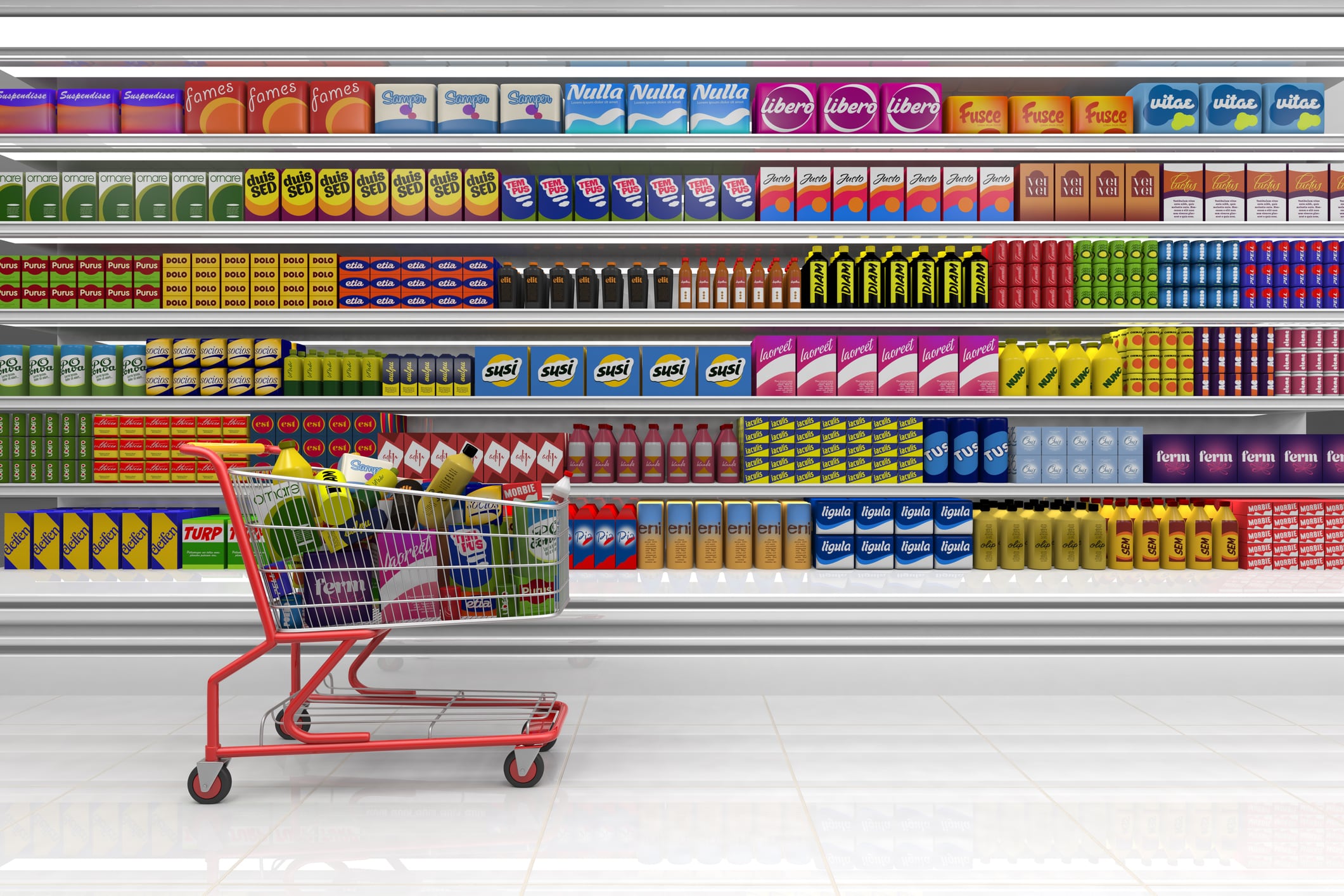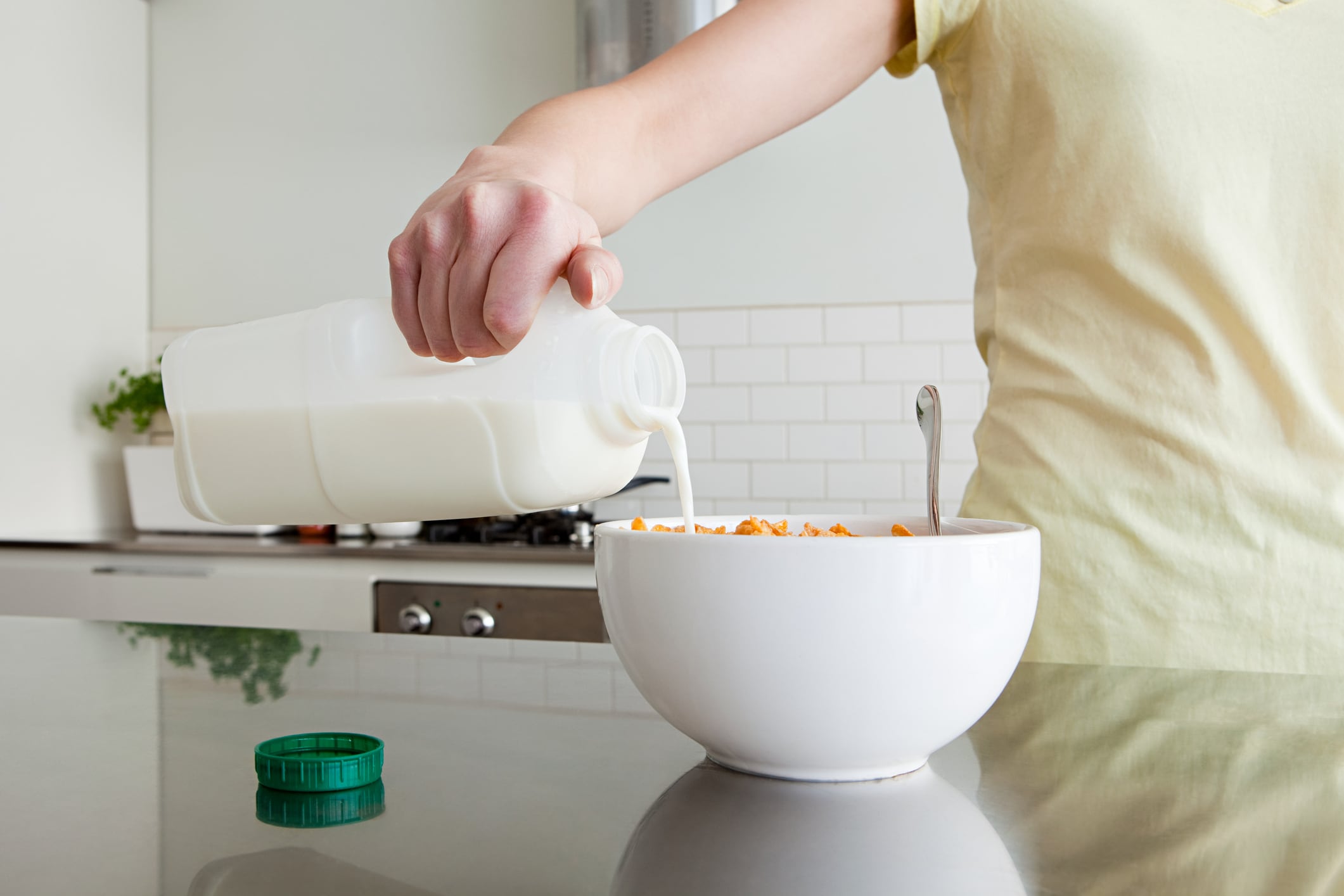If the leaders of the world’s biggest food and drinks businesses were at school together now, there’d be celebrations in the corridors. Some would have bigger smiles, such as Unilever CEO Hein Schumacher, while others, like Nestlé CEO Laurent Freixe, may have a look of content.
That’s because the full-year report cards for most of big food, including Ferrero, Kellogg, Kellanova, Mondelēz International, Nestlé and Unilever were, if not strong, then good or better than expected.
Some, like PepsiCo, struggled to keep their grades up, but it’s an issue CEO and chairman Ramon Laguarta might resolve with a bit more time and focus – possibly through M&A as some analysts have predicted.
But what almost all – even if they didn’t express it at the time – will be panicked about now is how they can match, never mind exceed, 2024/25’s results while dealing with the perfect storm of trouble heading their way.
Is the US falling out of love with UPFs?
For the fast-food, snack and ultra-processed food makers, which most of the big food brands can consider themselves, US president Donald Trump’s administration might be about to move the sector into special measures.
That’s mainly because Trump has brought in a new supply teacher who’s already made his gripes with the sector clear. Robert F Kennedy Jr, the US’s new health secretary, before taking up office, called the food and drink industry out as the “primary culprit” in the country’s worsening health epidemic. In short, he’s not happy with what he sees.
Then there’s also tariffs to consider. Trump landed a 25% tax on imported steel and aluminium, though mainly drinks producers will be impacted by this and Coca-Cola CEO and chair James Quincey has already brushed this off as a non-issue.
But what Quincey and the likes of can’t deny, is the impact Trump’s export tariffs – if he does ever impose them – has on the value their businesses.
Almost all of the world’s biggest food and drink players saw their share values slashed in the run up to Trump’s planned tariffs on Canada and Mexico. Only after a last minute u-turn did the markets recover.
Trump aside, and other than (though not to lightly brush them aside) war, economic crises, geopolitical tensions and climate change, there’s also commodity hikes to consider, particularly cocoa.
Cocoa price hike is a thorn in the side
Cocoa prices hit record highs for two consecutive months from December. While there is some optimism of a good crop this year, businesses that depend on the commodity have cited it as strain going into the 2025/26 financial year.
It’s particularly troubling for Mondelēz, whose business is largely chocolate. CFO Luca Zaramella warned of a 10% dip this year due to the dizzying prices.
This may well rouse the Mondelēz to redouble its efforts and bid again on family-owned The Hershey Company, after a rejection late last year.
Through its Snackfutures Ventures arm, as well as through some high profile M&A in China and elsewhere, it is already diversifying its portfolio. But Mondelēz might need to go harder and faster to spread its bets further. Especially after Mars snapped up Kellanova for $36bn last summer, which made it an even bigger threat.
Really, though, all any of the big food businesses can do now is keep their heads down, consolidate where possible – as Unilever is doing with a focus on its 30 Power Brands – and try to maintain their grades.



